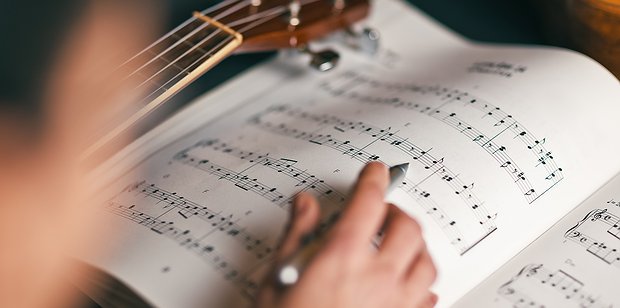The history of music lessons dates back to ancient times, where individuals learned to play musical instruments and sing through oral tradition. In ancient Greece, music was considered an essential component of education, and young people were required to learn how to sing and play instruments. During the Middle Ages, music lessons were primarily reserved for the wealthy and the nobility, who had access to trained musicians and music tutors.
Music has been an integral part of human civilization since the dawn of time. From the earliest forms of chanting and drumming to the complex compositions of today, music has always held a special place in human culture. Throughout history, music lessons have played an important role in the development and spread of musical knowledge. In this article, we will explore the history of music lessons, from ancient times to today.
Contents
Early Music Lessons
The earliest forms of music lessons can be traced back to ancient civilizations such as Egypt, Greece, and Rome. In these cultures, music was often associated with religious and spiritual practices, and music lessons were typically taught in temples and other sacred spaces. The teaching of music was considered a sacred duty, and only those deemed worthy were allowed to receive formal instruction.
During the Middle Ages, music lessons continued to be taught primarily in religious settings, such as monasteries and cathedrals. However, as music began to spread beyond the church, more secular institutions such as courts and universities began to offer formal music education.
Renaissance Music Lessons
The Renaissance period saw a significant increase in the availability of music lessons, as the arts began to flourish and education became more widespread. This period saw the development of music notation and the rise of polyphony, or the use of multiple simultaneous melodies. As a result, music lessons became more complex and diverse, with a greater emphasis on music theory and composition.

Baroque Music Lessons
During the Baroque period, music lessons continued to evolve, with an increased focus on virtuosity and technical proficiency. This period saw the rise of instrumental music and the development of new musical forms such as the concerto and sonata. Music lessons during this time were often taught by master musicians, who passed on their knowledge through apprenticeships.
Classical Music Lessons
The Classical period saw a shift towards more structured and formal music education. Music lessons were typically taught in conservatories, and a standardized curriculum was developed. The piano became a popular instrument for music lessons, and composers such as Mozart and Beethoven wrote music specifically for teaching purposes.
Romantic Music Lessons
The Romantic period saw a return to more expressive and emotional music, with an increased emphasis on individuality and creativity. Music lessons during this time focused on developing the student’s own unique voice and style, rather than simply mastering a standardized curriculum.
Modern Music Lessons
Today, music lessons are more accessible than ever before, with a wide range of instruments and styles available to students of all ages and skill levels. Technology has also played a significant role in music education, with online lessons and virtual classrooms allowing students to learn from anywhere in the world.
Conclusion
The history of music lessons is a long and rich one, spanning thousands of years and countless cultures. From the earliest forms of chanting and drumming to the complex compositions of today, music lessons have played an important role in the development and spread of musical knowledge. Whether you are a beginner or an advanced musician, the benefits of music lessons are clear. So why not start your own musical journey today?
Read more: For more information please visit our website prospector-utah.com



